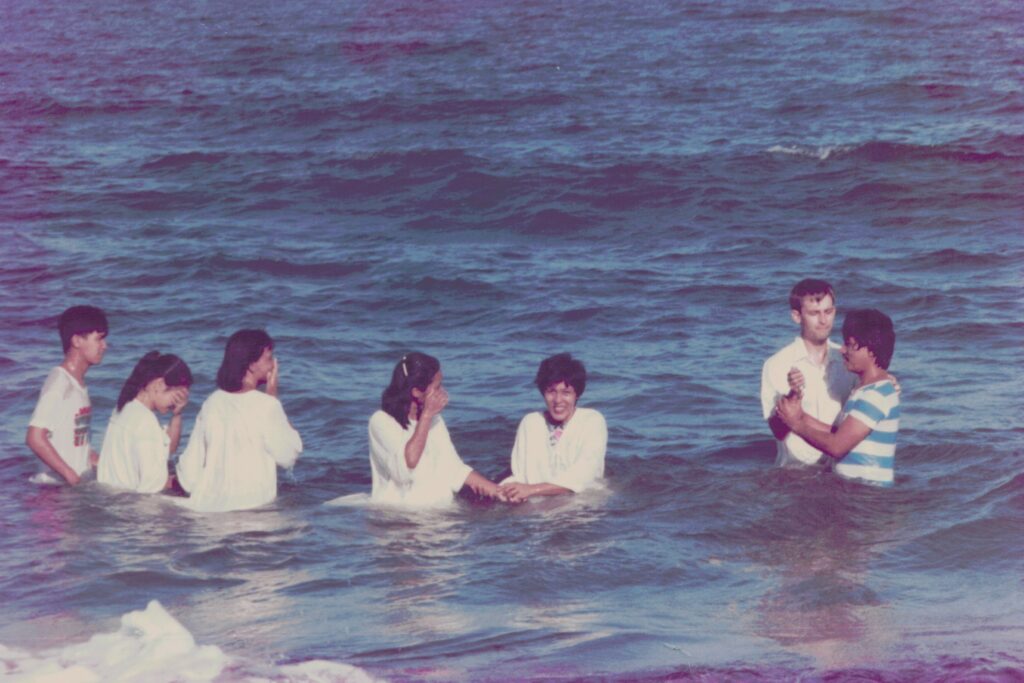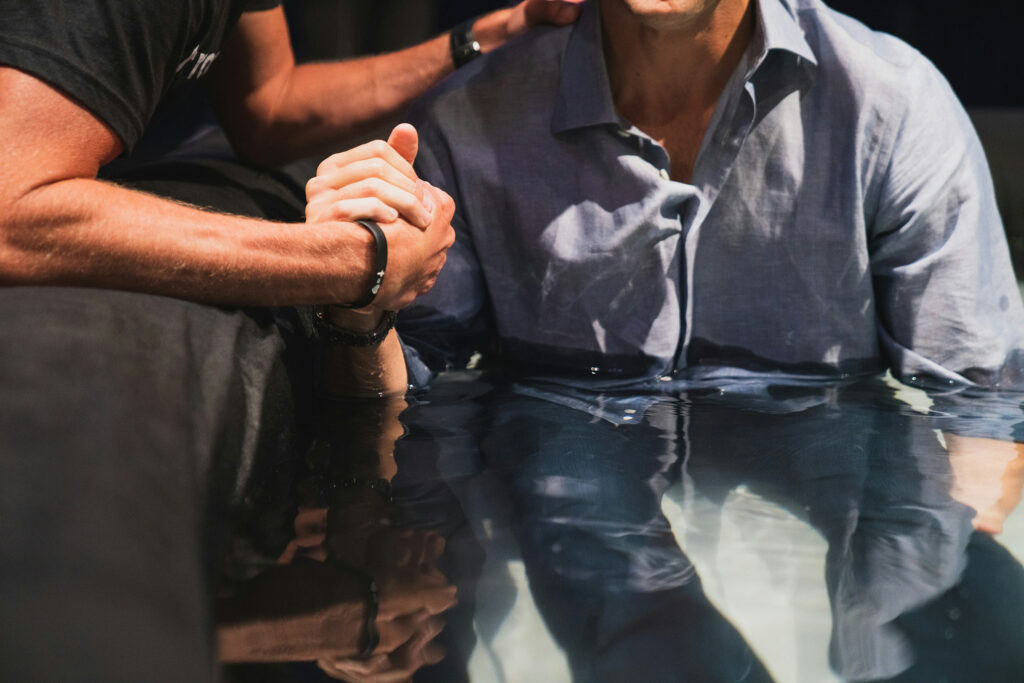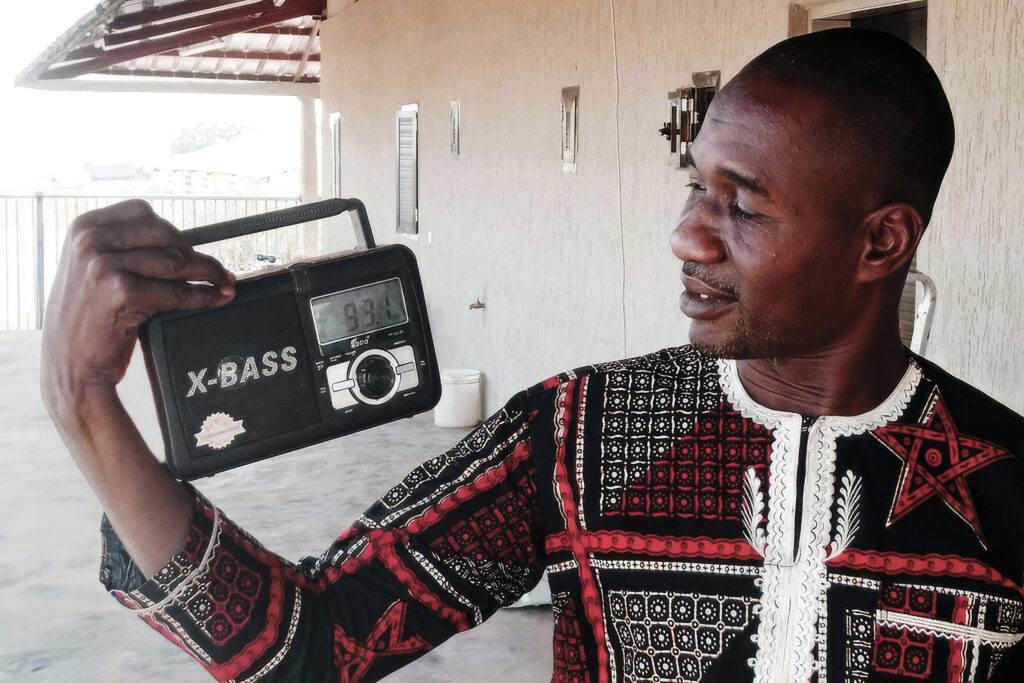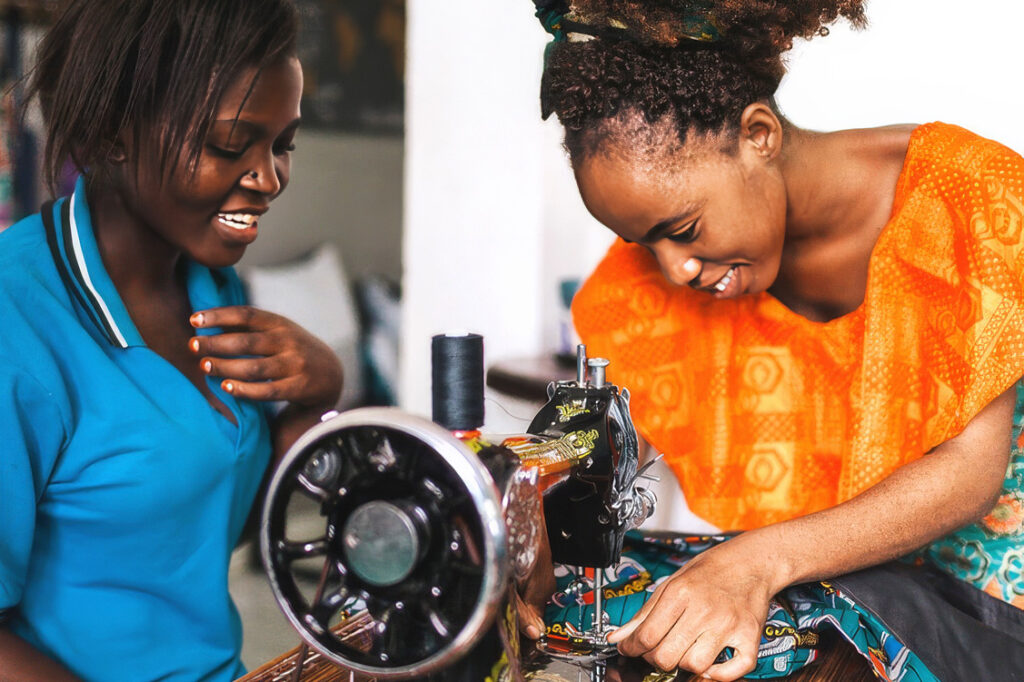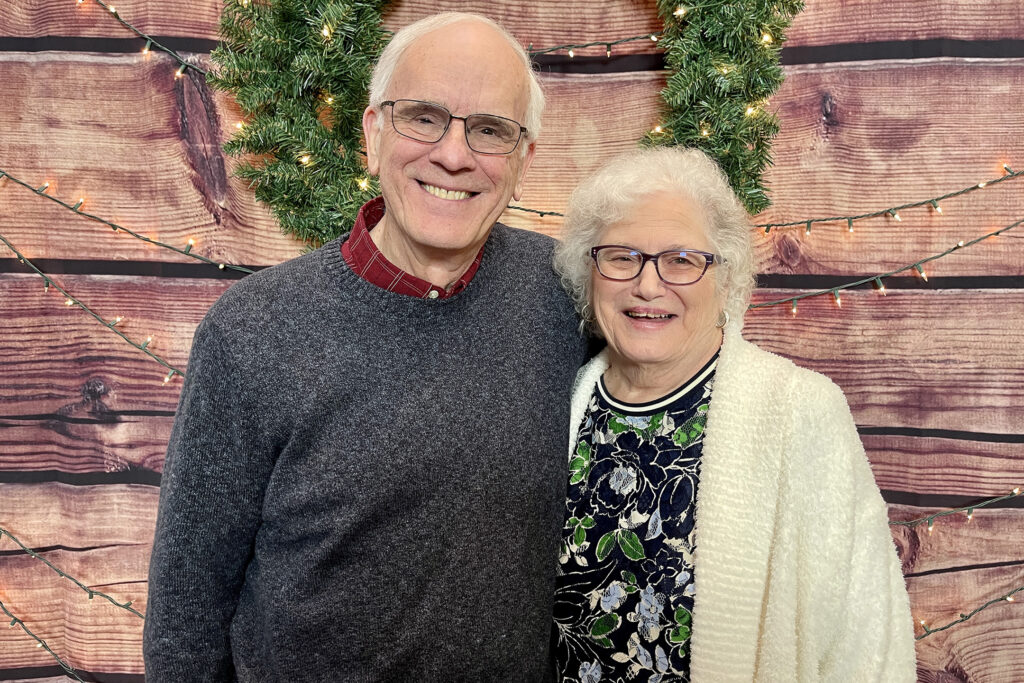Jim and Allene Latzko saw that vision realized through their 41 years of faithful service to God and to the Filipino church.
Q: How did your journey to missions begin?
Jim: I grew up listening to missionary speakers at my home church, First Baptist Church of Richland, WA. My parents often entertained missionaries in our home, and their stories made me curious about other cultures and countries. While at camp in high school, the Lord gave me a deep desire to do something with my life that would count for eternity. The next step was to attend Bible school and begin missionary training.
Allene: I was born in the Philippines to missionary parents, Carrel and Fern Aagard. In high school, I told the Lord I would be a missionary if that’s what he wanted. Since I had grown up as an MK, I had an accurate picture of what missionary life was like.
Q: What is a highlight from your ministry in the Philippines?
Jim: I think of the Filipino pastors and missionaries I mentored. Some whom I met as college students, or as laymen taking classes at our Bible institute, went on to become pastors or church planters on various islands. One couple served as tentmaker missionaries in a restricted-access country. Their zeal for God and heart for the lost was beautiful to witness.
Allene: The highlight of ministry is always people and relationships. One of our fondest memories is of baptisms at the beach. The beauty of the natural surroundings, along with the precious testimonies of our friends’ changed lives, was worth all the difficulties we faced. What’s better than watching God miraculously change lives?
Q: What was your vision for the local church in the Philippines?
The missionary couple who recruited us, Dr. Bill and Marilyn Stevenson, imparted a vision for starting a church in Tacloban City, a regional capital, that would plant daughter churches throughout the region. We were also inspired by Allene’s father, former ABWE missionary Carrel Aagard, who modeled the importance of discipling Filipino leaders and trusting them to take leadership roles as soon as possible.
Q: How did you partner with the local church?
Together with Filipino and ABWE co-workers, we won people to Christ and started two churches. Filipino leaders in our first church in Tacloban City then began planting new churches. I joined them in developing a Filipino mission board, New Life Baptist Mission, and recruited church planters to partner with us in planting churches throughout the Philippine islands. Today, New Life Baptist Mission has become a family of more than 20 churches.
To train these new leaders, we worked with the church to establish a pastoral training center. Our final emphasis shifted to training Filipinos to serve as cross-cultural missionaries.
Q: Most recently, you’ve served in the US as EveryEthne missionaries to internationals. How did your experience in Asia shape your ministry here?
Allene: As Americans, we were a minority in Asia and felt very conscious of how different Asian culture was. Here in the US, we can easily identify with new immigrants who are feeling out of place and overwhelmed trying to adjust to a new culture.
Q: What advice would you give someone considering cross-cultural ministry?
Allene: Before you leave your home country, take every opportunity to make friends with people who are not like you. Visit ethnic churches. Study the book of Acts to understand how the first missionaries met cultural challenges, because you will meet similar challenges.
Jim: In his classic missions textbook, “Christianity Confronts Culture,” Marvin Mayers emphasized a critical question: “Is what I am doing, thinking, or saying building trust or undermining trust?” (Mayers, 1987, p. 7). To accomplish ministry of lasting value, we must establish and maintain a foundation of trust.
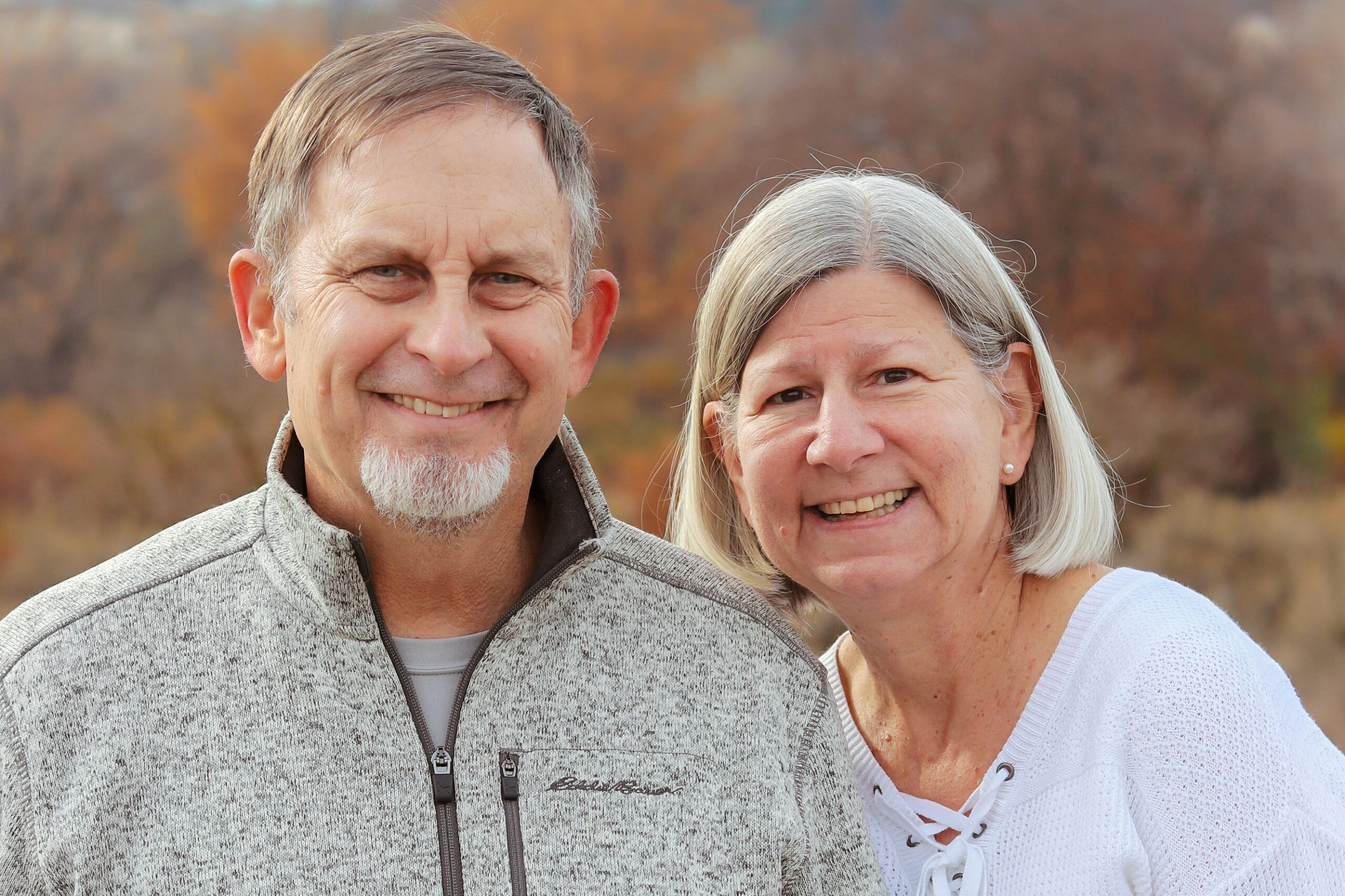
Jim and Allene Latzko
